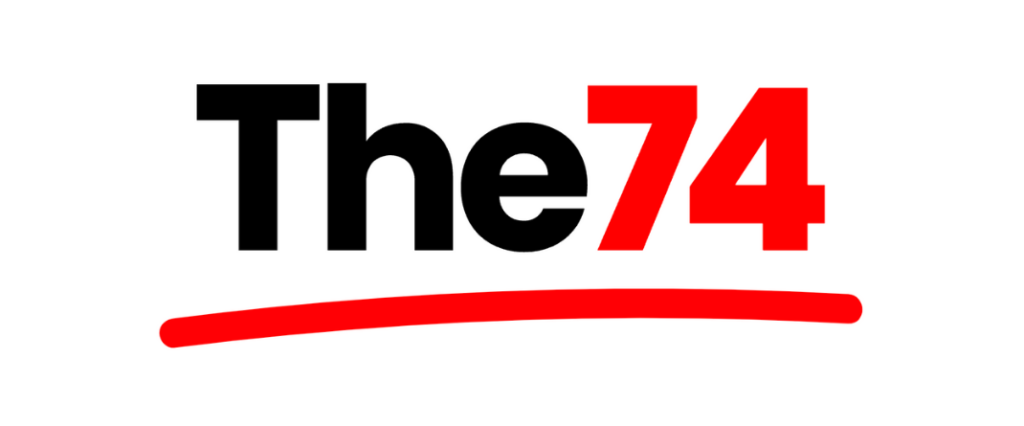Restorative Practices
Classroom behavior presents a complex challenge for educators and school administrators: disruptive behavior can prevent other kids from learning, but suspensions and expulsions can cause significant harm. Restorative practices are a promising, evidence-based alternative to punitive discipline.
Over the last few decades, schools nationwide have increased the use of exclusionary discipline – or suspensions – to address disruptive classroom behavior. However, research suggests that punitive systems disproportionately harm students of color and students from disadvantaged backgrounds, with the potential for devastating impacts later in life. Punitive disciplinary policies are linked with an increased likelihood of future academic difficulties, increased misconduct, and eventual involvement in the criminal justice system.
Restorative practices (RP) offer an alternative to punitive policies that decrease student disruption without harm. RP promotes the development of socio-emotional learning, encourages self-reflection and empathetic listening, and helps to create non-judgmental spaces for conflict resolution.
The Education Lab has partnered with CPS to evaluate the effects of RP on student behavior and provide a model of classroom management and a disciplinary system that works for interested school districts across the nation.
CPS schools that implemented restorative practices into their disciplinary policies experienced a 18% decrease in student arrests and reductions in violent conflict inside and outside of school, which suggests positive changes in students’ underlying behavior.
Students at schools with restorative practices are shown to have improved perceptions of school climate, as students have increasingly reported that they feel they belong at school and that school is a safe place. Students also reported improvement in student behavior in school.
Restorative Practices
In partnership with Chicago Public Schools, the Education Lab evaluated the effect of restorative practices implemented in high schools across the district.
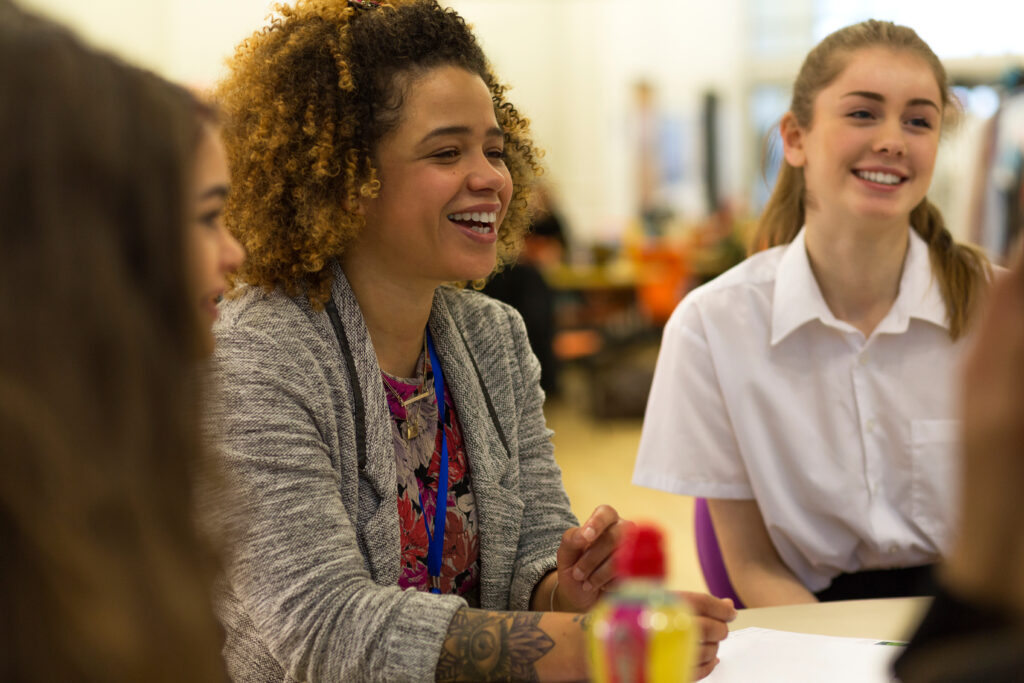
Embedded Analysts
The Education Lab provides technical assistance to support Chicago Public Schools in using data analysis to answer key questions and guide daily decisions.

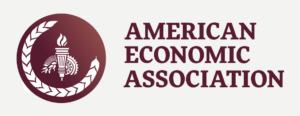
From Retributive to Restorative: An Alternative Approach to Justice in Schools
This paper evaluates the impact of Chicago Public Schools’ adoption of restorative practices on student behavior, finding decreased suspensions and arrests, particularly for Black students.
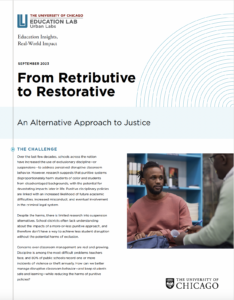
From Retributive to Restorative: An Alternative Approach to Justice in Schools
This research brief details the findings from the Education Lab’s study of the effect of restorative practices in Chicago Public Schools.
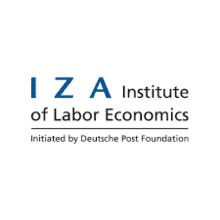
From Retributive to Restorative: An Alternative Approach to Justice in Schools
This paper evaluates the impact of Chicago Public Schools’ adoption of restorative practices on student discipline, finding decreased suspensions and arrests, particularly for Black students.
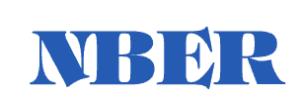
NBER working paper – From Retributive to Restorative: An Alternative Approach to Justice
This paper evaluates the effect of restorative practices implemented in Chicago high schools, finding decreases and student arrests in and outside of school and for violent and non-violent offenses.
Latest Updates
A Promising Start for Personalized Learning in Miami-Dade
Griffin Catalyst highlights its three-year gift to the Education Lab to bring an innovative, high-dosage, math tutoring initiative to middle schools in Miami-Dade County to support and accelerate student learning in the wake of the COVID-19 pandemic. Initial results from the program are promising, suggesting that this approach can help tackle learning loss and enable students to catch up to grade level.
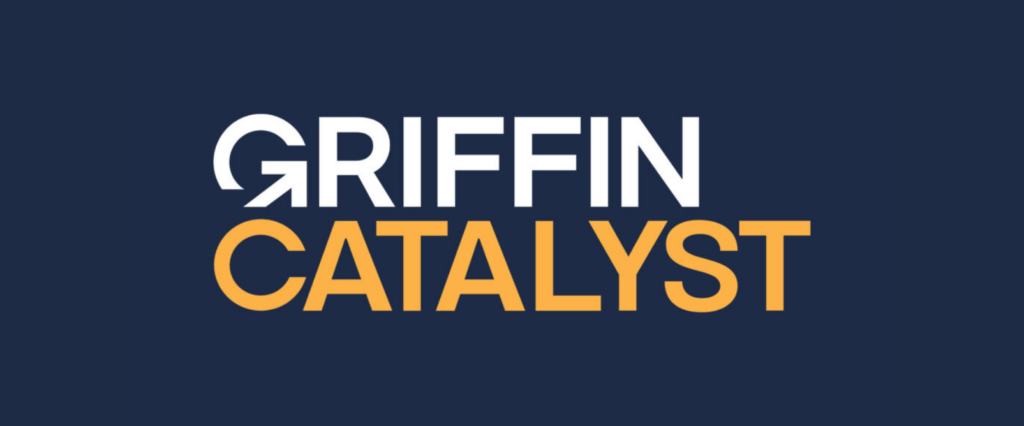
Why tutoring is a logistics problem worth solving
The National Student Support Accelerator’s (NSSA) Susanna Loeb and the Education Lab’s Monica Bhatt highlight the ways districts can stay the course on using high-dosage tutoring as a research-backed lever for strengthening teaching and learning.

Months After Deep Cuts, Education Researchers See Reason for Cautious Optimism
In a recent piece from The 74 Media’s Greg Toppo, Education Lab Senior Research Director Monica Bhatt discusses why continued investment in education R&D matters: To drive better outcomes for students and to strengthen America’s global competitiveness.
